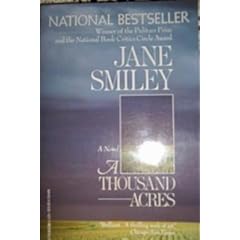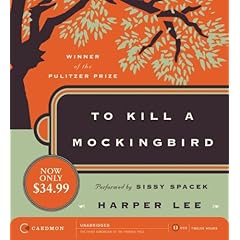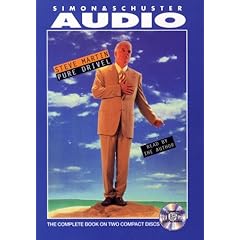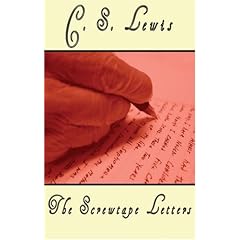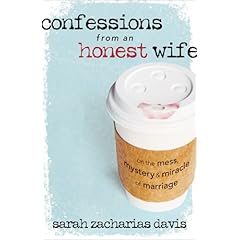
This is the fourth book in Francine Rivers' Lineage of Grace series. I love this series, because Rivers takes a Biblical story--sometimes no more than a paragraph long--and makes an entire novella out of it. This one is the story of Bathsheba. In a weird way, it reminded me of Katie Holmes and Tom Cruise. Stay with me here. Remember when they first got together, and Katie kept saying things to the press about how she dreamed of being Mrs. Tom Cruise ever since she was a little girl? Well, that is how Rivers chooses to depict this story. We start with Bathsheba as an eight-year-old, swooning over the not-yet-king David. Even after she gets married, she pines for David, and well, if you are familiar with the Bible at all, you probably know "the rest of the story."
What I really like about Rivers expanding on these stories is how relate-able she makes the characters. I mean, no offense to the Bible, God, etc. but sometimes when you're reading through it's like, "Well, that was a stupid move, David. Anyway, back to my life..." It is hard to connect with the motivations of all involved and all the intricacies of what went on. However, I'm not suggesting that each Bible story should be a novel. The Bible is already massive. Can you imagine? 'These next few chapters will become a 500-page book.' Heaven forbid. That's probably one of the reasons we're warned not to "add anything" to the Scripture. It would just be way too long!
Anyway, this story is all about how God redeems and restores us even when we've messed up big time. It's pretty awesome. 'Cause HE is pretty much awesomeness itself.
